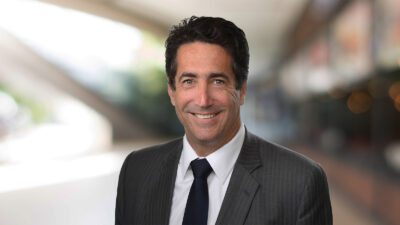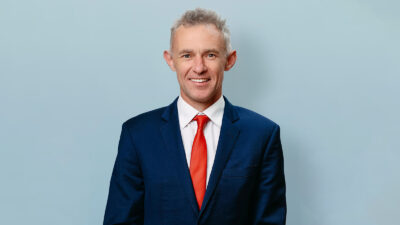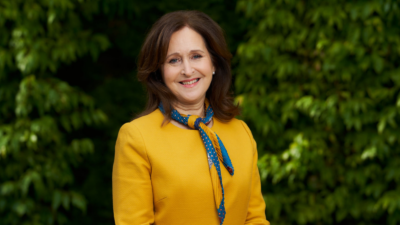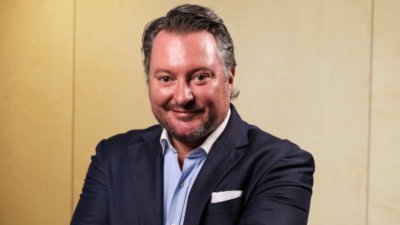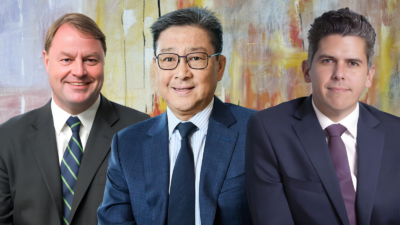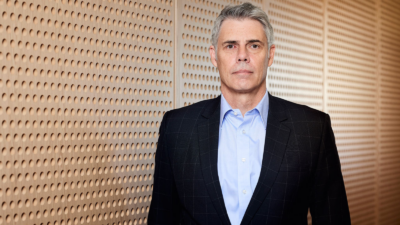The world of ethical investing continues to change, and Australian Ethical is investing in itself to keep up. A new CIO and a portfolio of impact investments from the Christian Super successor fund transfer are helping too.
Some of the country’s biggest super funds have navigated volatile markets and write-downs in one of their favourite asset classes to deliver solid returns in a tough year.
Australian super funds and asset managers shouldn’t ape their international peers when it comes to unlisted investment practice, according to Frontier, and demand for more frequent valuations will ultimately be worn by members.
There’s going to be plenty of low cost of capital opportunities for super funds as Australia’s existing power infrastructure is retired and replaced with renewable energy generation – not to mention its storage.
Riding the equity market rally and significant diversification in its alternatives portfolio has delivered Australian Retirement Trust a 10 per cent return as it keeps both eyes on the end of the rate cycle.
The $72 billion fund has dumped Link Group and partnered with upstart administration services provider Grow Inc. as it navigates a “rapidly changing technology landscape”.
Big funds can be cheaper and drive hard bargains in the private markets – but it’s easier to see them coming and harder for them to get money where it needs to go.
Super funds and other institutional investors are deeply unsatisfied with the nature of private markets fees, but cost-additive pressures are emerging across all asset classes when fees should be falling.
UniSuper’s pioneers of internalisation have set up their own firm providing investment management and advisory services to superannuation funds as competition picks up and the need for a helping hand grows.
AustralianSuper’s appointment of a new deputy CIO with the lion’s share of responsibility for its overseas investments demonstrates the growing importance of international diversification for the country’s biggest funds.





